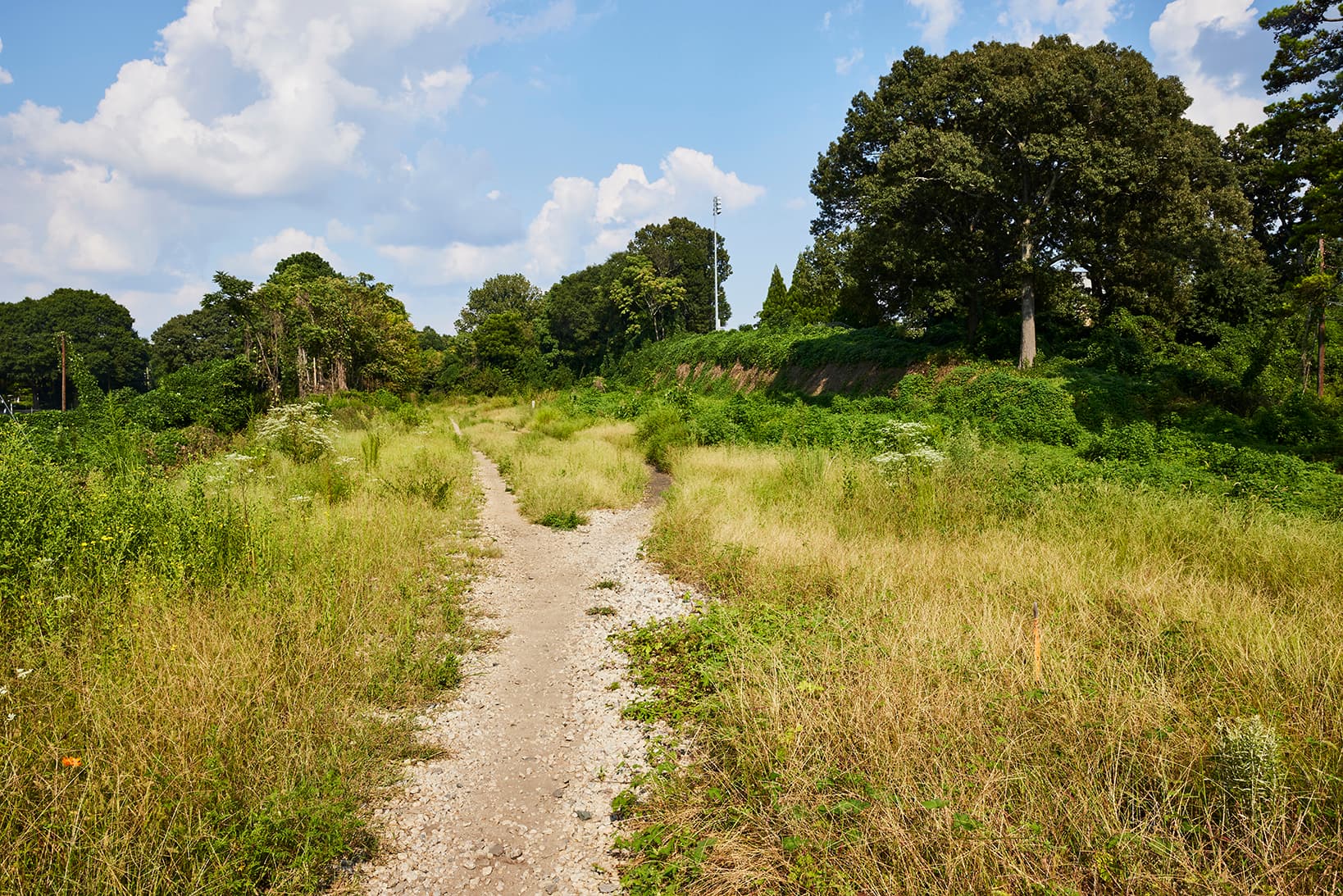SSD One Year Later
On March 15, 2021, Atlanta City Council approved legislation to create the Atlanta Beltline Special Service District (SSD). Now one year later, what has the Beltline been up to and...
- Atlanta Beltline‚ Inc.

On March 15, 2021, Atlanta City Council approved legislation to create the Atlanta Beltline Special Service District (SSD). Now one year later, what has the Beltline been up to and what can be expected moving forward? The SSD is the most important funding source in Beltline history since the creation of the Beltline Tax Allocation District (TAD) in 2005, and it ensures the Atlanta Beltline can forge ahead to complete the 22-mile mainline trail loop by the end of 2030.
To recap, SSD legislation involved the passage of three ordinances. The ordinances created the district, established a tax levy, and allowed for the issuance of revenue bonds. The SSD revenue will complement funding from the TAD, philanthropic support, and additional federal, state, and local funds to provide the estimated remaining $350 million needed for trail construction.

Includes design, right of way acquisition, brownfields remediation, utility relocation, and construction. Funds from these sources outside of SSD may also support program elements including affordable housing creation, resident retention, and small business support.
Following the SSD creation, the City of Atlanta, Invest Atlanta, and the Atlanta Urban Redevelopment Agency (AURA) collaborated on the mechanics behind how the funds would be collected and distributed. Bonding allows Atlanta Beltline, Inc. (ABI) to spend money on construction more quickly, which can reduce overall capital costs while simultaneously spurring economic development and TAD growth. Financing through AURA’s issuance of SSD bonds was determined to be the most feasible method. The bond issuance process required significant legal and financial legwork, and those bonds closed in December 2021 at an issuance amount of $95,090,000.
Concurrent with the bond process, ABI established a construction plan to steward SSD dollars. Funding the Atlanta Beltline is complicated. Some funding streams are geographically restricted and cannot be applied toward the acquisition, design, and construction of all trail segments.
To maximize the utilization of SSD as well as other funding sources, ABI and its partners have been scrutinizing the numbers, evaluating project timelines, and exploring cost-efficiency measures to establish a plan of action for completing trail construction. Thanks to the SSD, Atlanta can expect to see construction get underway in the next two to three years on the Northeast Trail-Segment 2 Phase II, Southside Trail- Segments 4 and 5, and the Westside Trail-Segment 4. Work on the acquisition and design of the remaining trail segments can advance simultaneously.
ABI also established the Special Service District Advisory Board (SSDAB), which is composed of 24 commercial property owners, small business operators, multifamily property owners, and multifamily rental property residents located within the district. Tasked with providing advice and review for the utilization of SSD bonds proceeds, the new advisory board will help ensure transparency and accountability.
The creation of the SSD marked an historic moment for the project, securing essential funding needed for the completion of the 22-mile mainline trail. The trail construction that will get underway thanks to funding from SSD bonds proceeds helps increase momentum towards completion. It also allows funding from the TAD to be redirected towards affordable housing and small business support. ABI and the Atlanta Beltline Partnership continue to explore additional opportunities to secure the full $350 million needed for trail construction as well as funding for other Beltline programmatic elements such as housing, economic development, transit, parks, and art.
Subscribe to In The Loop, our monthly newsletter, for Beltline news, events, announcements and more.